DSCR Loans: The Investor’s Secret Weapon for Financing Rental Properties
What the Heck is a DSCR Loan?
So, you want to buy an investment property, but you don’t want to deal with tax returns, pay stubs, or explaining your DoorDash side hustle to a lender? Enter the Debt Service Coverage Ratio (DSCR) loan—the ultimate no-nonsense financing solution for real estate investors.
Unlike traditional mortgages that obsess over your personal income, DSCR loans focus on what really matters: Can your investment property pay for itself?
If the answer is yes, congrats—you’re in business. If not, well... maybe it’s time to rethink that “luxury treehouse” rental idea.
Why Investors Love DSCR Loans
🏠 No Income Docs Required – Forget W-2s, tax returns, or proving you’re a professional landlord. Lenders only care about your property’s rental income potential.
📊 No Personal Debt-to-Income (DTI) Check – That mountain of student loans? The car you probably shouldn't have financed? Lenders aren’t looking at them—only the DSCR ratio matters.
💰 Buy, Refi, Cash Out – Whether you’re purchasing a new rental, refinancing for a better rate, or pulling cash out to buy more properties (or finally take that vacation), DSCR loans have you covered.
🏗 Works for Single-Family, Multi-Units, Condos & Townhomes – More options, more rentals, more passive income.
🚀 Easier Scaling – No personal income limits mean you can keep stacking properties without hitting a financing roadblock.
So… How Do DSCR Loans Work?
Lenders use a super simple formula to determine if your property qualifies:
DSCR = Gross Rental Income ÷ Mortgage Payment (PITIA)
Translation:
-
A DSCR of 1.0 means your rental income exactly covers the mortgage.
-
A DSCR of 1.25+? Even better—your property is cash-flow positive!
-
A DSCR below 1.0? Uh-oh. Time to raise the rent or find a different property.
Most lenders want to see a DSCR between 1.0 – 1.25+, but for condos & townhomes, they may require 1.2 – 1.35+ due to HOA fees (because apparently, heated pools don’t pay for themselves).
What You’ll Need to Qualify
📌 Credit Score: 620-680+ (Higher score = lower down payment & better rates)
📌 Down Payment: 20-30%+ (Higher credit score? Lower down payment!)
📌 Loan Terms: Typically a 30-year fixed mortgage (but lenders offer variations)
📌 Interest Rates: Slightly higher than conventional loans (BUT you can lower them with a prepayment penalty—because who doesn’t love a little risk?)
Buying a Condo or Townhome? Buckle Up.
Lenders can be a bit extra with condos and townhomes, requiring:
✅ Higher DSCR (1.2 – 1.35+)
✅ Higher down payments (25-30%+)
✅ More paperwork (Because nothing says “fun” like an HOA budget review)
Additional Docs Needed:
📌 Full Condo Questionnaire
📌 HOA Budget (To prove the HOA isn’t broke)
📌 Master Property Insurance
📌 Litigation Docs (If your HOA is fighting with someone, lenders want to know)
What Paperwork Do You Need?
For once, not a lot.
📌 For All Borrowers:
-
Driver’s License or Passport
📌 For Purchases:
-
2 months’ bank statements (to prove you have the down payment & closing costs)
📌 For Refinances:
-
Lease agreements (Lenders need to see actual rental income)
-
2 months’ bank statements (to verify closing costs)
Should You Get a DSCR Loan?
If you’re a real estate investor who:
✅ Wants more rental properties
✅ Doesn’t want lenders digging into personal income
✅ Likes simple, asset-based lending
Then YES—this might be your new best friend.
If you prefer long paperwork, slow approvals, and proving your entire financial history—well, there’s always a traditional loan.
Categories
Recent Posts
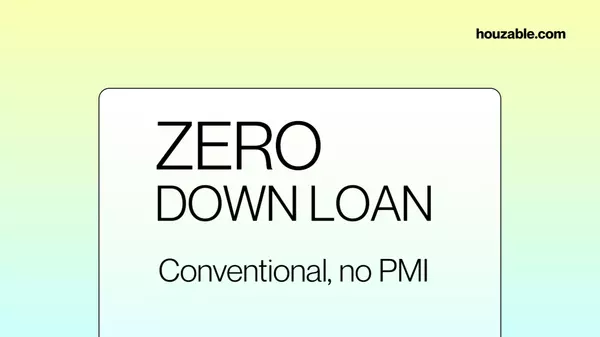
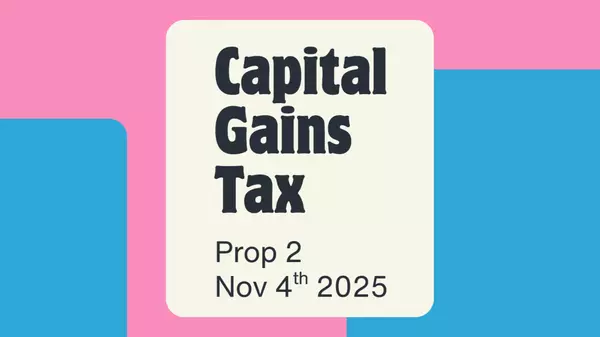

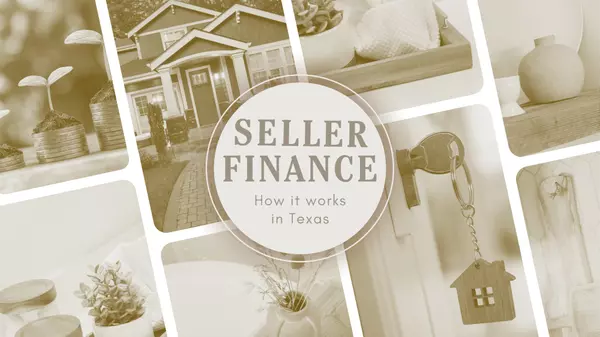
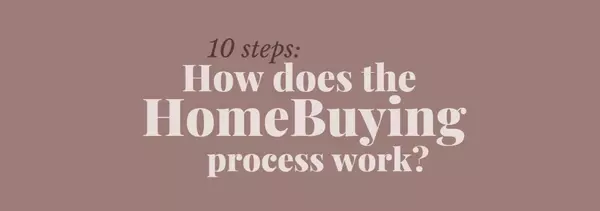
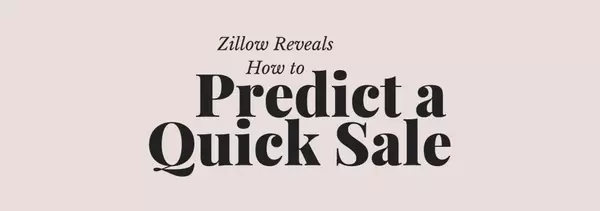

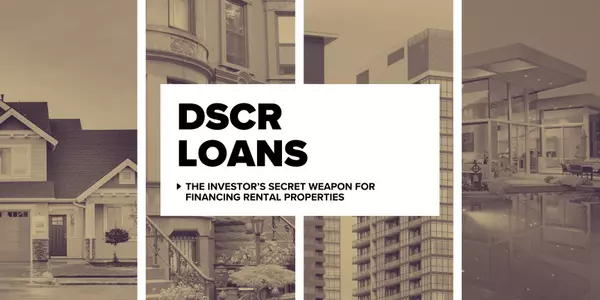

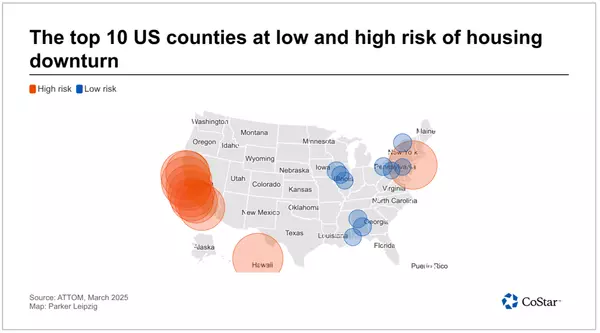
GET MORE INFORMATION

